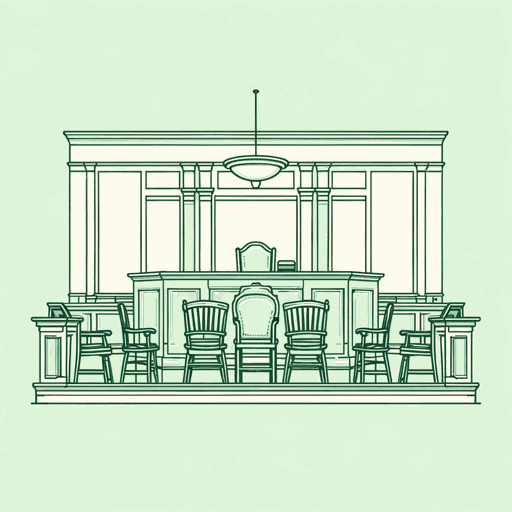34 pages • 1 hour read
Edward J. LarsonSummer for the Gods: The Scopes Trial and America’s Continuing Debate Over Science and Religion
Nonfiction | Book | Adult | Published in 1997A modern alternative to SparkNotes and CliffsNotes, SuperSummary offers high-quality Study Guides with detailed chapter summaries and analysis of major themes, characters, and more.
Part 2Chapter Summaries & Analyses
Part 2: “...During...”
Part 2, Chapter 4 Summary: “Choosing Sides”
The trial took place in Dayton, Tennessee, a small town that was suffering from loss of industry and jobs and a dwindling population at the time of the Scopes trial. George Rappleyea, a New York transplant to Dayton who managed coal and iron mines, saw the ACLU’s challenge in the Chattanooga Times and went about trying to set up the test case for the ACLU. He approached the chair of the Rhea County school board, Frank Robinson, the school superintendent, Walter White, and a local defense attorney, John Godsey, who all agreed that the case would bring Dayton some publicity. Rappleyea spoke to several more individuals before reaching out to the ACLU to confirm that it would provide services if Dayton was willing to move forward with their case. The conspirators then contacted two prosecutors, Herbert and Sue Hicks. When the Hicks brothers agreed to prosecute the case with the assistance of Wallace Haggard, the case architects approached John T. Scopes, the local high school’s general science instructor and part-time football coach. Scopes was an ideal defendant—he was well-liked and accommodating and looked the part of “an earnest young teacher, complete with horn-rimmed glasses and a boyish face that made him appear academic but not threatening” (91).
Related Titles
By Edward J. Larson


